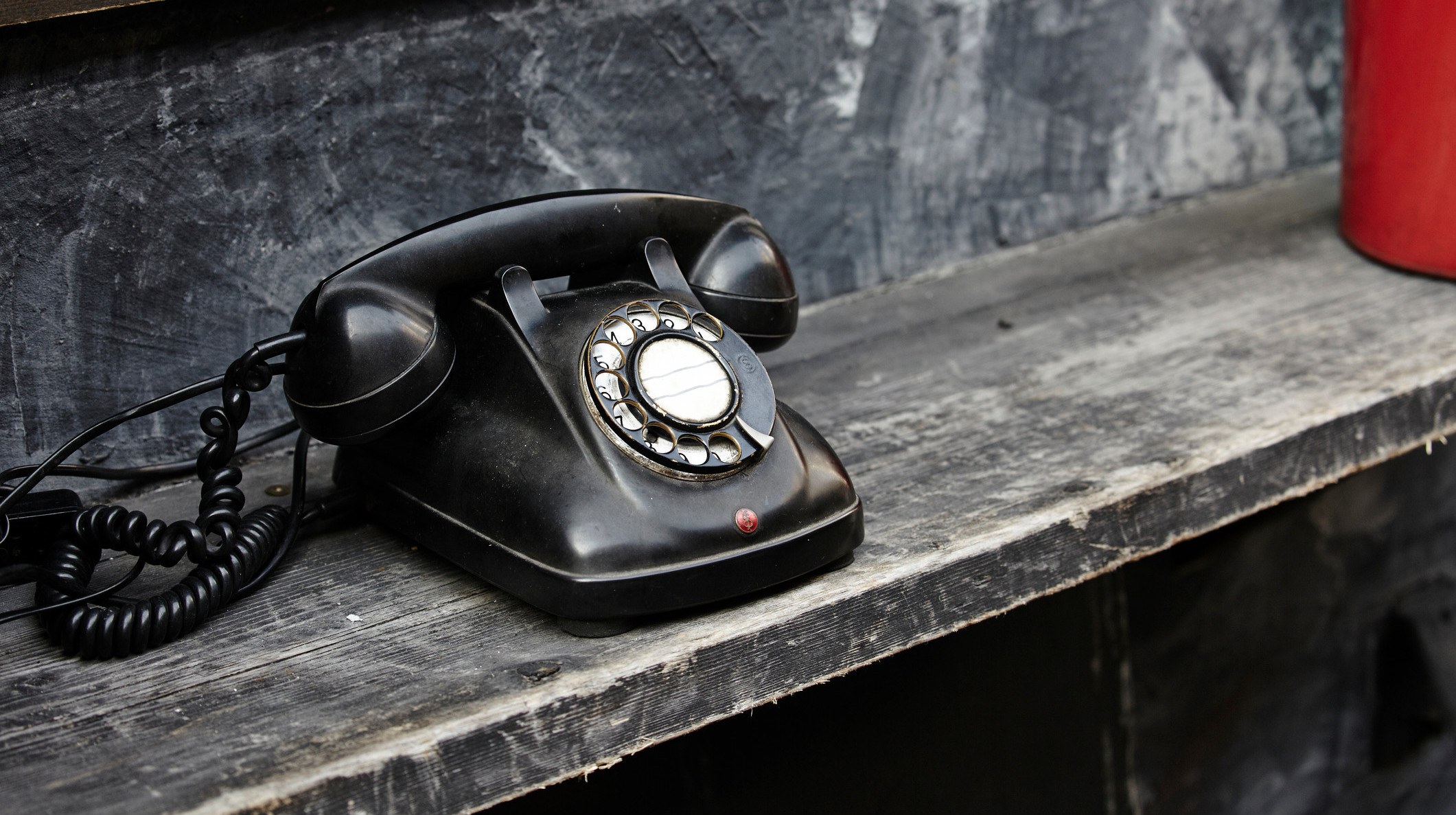Support Restaurants By Calling Them Directly—but Be Careful About Which Number You Dial
It's not that we didn't already know that third-party delivery apps had their problems, it's just that the COVID-19 pandemic and its decimation of the restaurant industry has exposed these delivery apps' practices in an even harsher light.
Earlier this month, we explained how fees from services like Grubhub and Seamless (owned by the same company) can squeeze a business already impacted by the ongoing pandemic and the consequent closure of dining rooms nationwide. One Chicago pizza restaurant posted an invoice from Grubhub showing that $1,046.63 in orders through the Grubhub app resulted in only $376.54 in earnings for the restaurant itself; Grubhub took $666.09 in various fees (commission, delivery commission, processing fees, promotions, etc.). As a result, we encouraged readers to support their favorite local restaurants by ordering from them directly over the phone, rather than using a third-party app to place a delivery order.
But even that might not be enough to guarantee that the your money is going to the business as you intend it to. BuzzFeed News reports that in calling up a restaurant directly, customers might be unwittingly dialing a phone number generated by Grubhub, which, when dialed, automatically charges the restaurant a service fee. Reporter Venessa Wong explains how this works:
"Grubhub (which also owns Seamless, MenuPages, Tapingo, and LevelUp) generates a unique phone number for each restaurant on its platform; it appears on the restaurant's Grubhub or Seamless page and redirects to the restaurant's own phone line (a restaurant cannot list its own phone number on its Grubhub or Seamless page). The redirect number can also appear higher in Google search results (including the Google panel for that business) than the restaurant's own line. This leads some customers to call it even if they don't intend to use Grubhub."
When you dial the phantom Grubhub number, there's no indication that it's connected to the delivery app. These phone numbers charge fees according to an algorithm—one that can charge the restaurant for calls that don't even result in food orders at all.
For its part, Grubhub defends the practice. As BuzzFeed News points out, CEO Matt Maloney said in an investor call last year, "If Grubhub is sourcing and driving the order, we should collect a commission. This has been our policy for years and is explicitly laid out in our restaurant contracts."
If you're a hungry customer who wants to avoid any and all third-party involvement, there are some steps you can take. If you have a takeout menu handy, dial the number listed on that menu rather than the one that shows up on Google. Search the restaurant's own website for their contact info, or send a message on social media to ask which number is the best to call directly. With an extra 30 seconds of effort, you'll be making a big difference in a restaurant's bottom line.
